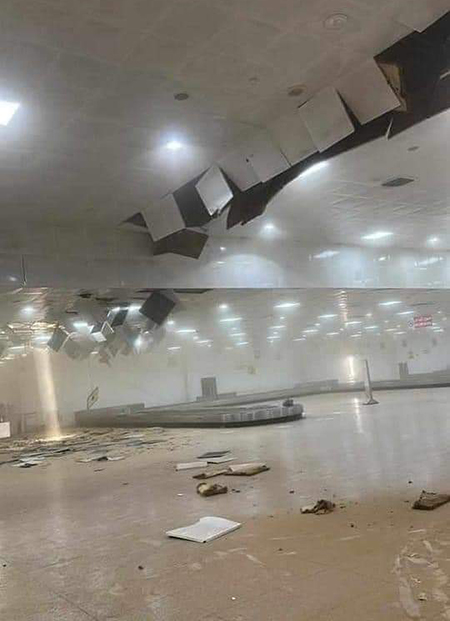
“Yes, we get to see the terrible human crisis in Ukraine and how terrible the earthquake in Türkiye was. But who cares about Sudan? My people are dying, and I feel the whole world is turning their back to us” – a graduate student from Sudan told The Islander staff in regard to the current crisis their country is experiencing.
In Sudan, a transitional government was established in August 2019 after months of protests and civil unrest led to the removal of longtime President Omar al-Bashir. The transitional government was formed through a power-sharing agreement between the military and civilian representatives, with the aim of leading the country toward democratic governance preparing for elections scheduled for 2023. However, in October of 2021, the Sudanese Armed Forces (SAF) – led by General Abdel-Fattah Burhan – and the paramilitary Rapid Support Forces (RSF) – led by General Mohammed Hamdan Dagalo – headed a military coup and ever since then, Sudan has been run by the dual aforementioned armies sharing power.
Burhan established that he was indeed going to respect the democratic shift in the country allowing the conversion towards a civilian rule by the original deadline in 2023. Yet, the current crisis started brewing when negotiations to merge the RSF into the country’s military ended up in hostility from both sides, as it was not yet decided which army was going to receive more political power and which one was going to control the economic assets of the country – namely its gold mines. A final deal to allow the change to a civilian rule was due to be signed in early April, yet neither side wanted to give up their authority without a beneficial outcome for them.
Thus, on April 15th of this year, the relatively smooth negotiations came to a collapse when explosions and gunfire filled the capital, Khartoum, and other nearby cities. Both factions are currently engaging in street battles using guns and artillery fire. Moreover, the SAF is using jet fighters to strike RSF sites – located in densely populated areas – which were deployed legally before the violence started. At least 1,000 people have been killed, 5,100 have been injured, and 250,000 have fled the country, while millions are trapped in the country with diminishing supplies of food and water. Various countries have evacuated their embassies
The graduate student said that “this year’s April was a fasting month for Muslims due to Ramadan. Imagine trying to escape your country without any energy? Many members of my family were at the airport on the 16th trying to escape. But neither armies respected the ceasefire. I feel extremely grateful that they survived multiple explosions. But I am still very scared for the people that are still in Sudan. I cannot communicate with some of my friends because the Internet is cut at random times. And international aid does not reach people because both armies supervise the actual distribution.”
Finally, they told us that if anyone wants to help, just talking about the situation and what people are going through is necessary for this situation to attract international attention. Due to donations not reaching their destination, they told us they should consider finding a way of donating the money directly to the people. Over 4 million people have fled Sudan the last few years and have become refugees around the world.
![▲ 28 Korean Nationals were evacuated from Sudan safely.[Source: Reuters-Yonhap]](https://cdn.news.jejunu.ac.kr/news/photo/202306/116769_20900_751.jpg)
![▲ Sudanese nationals stage a rally in front of Seoul Stationasking for peace in Sudan. [Source: Yonhap]](https://cdn.news.jejunu.ac.kr/news/photo/202306/116769_20901_82.jpg)

